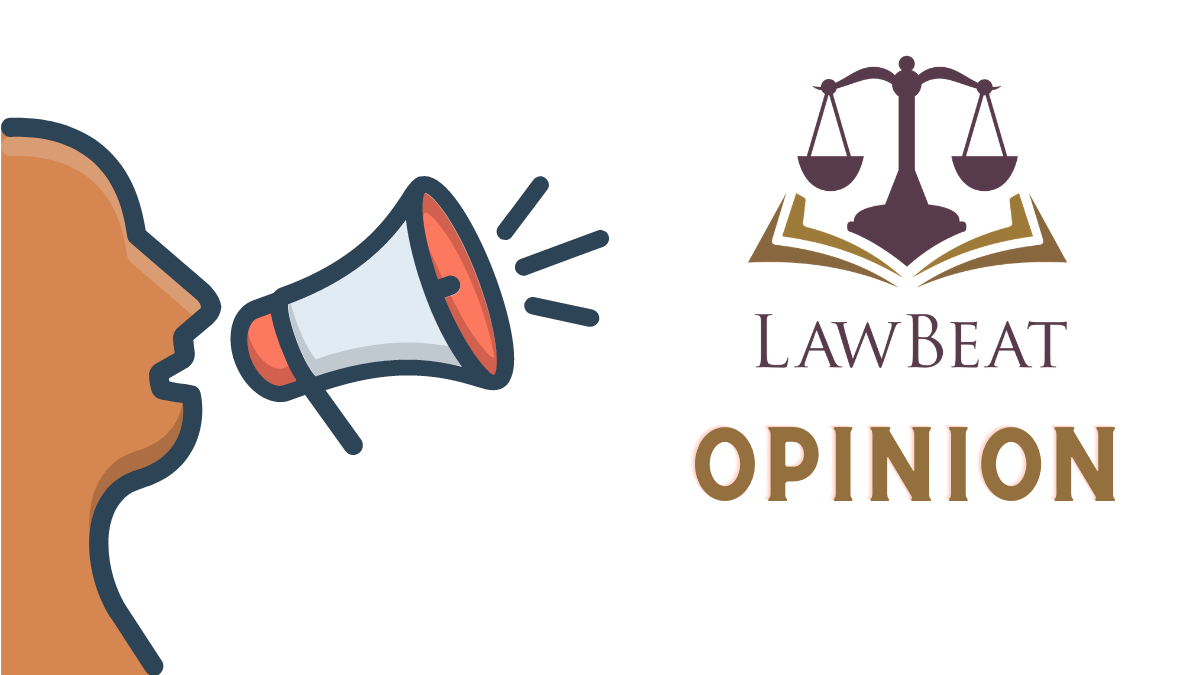The Second Battle

Initially, I had been reluctant to draft this article, for I thought that it would be best to confine views and beliefs to oneself in these trying times. However, the urge to put forth a contention that must be echoing in the minds of several others drove me to pen down this article.
From deficiencies in oxygen supply to family and friends becoming distributors of essential drugs, the pandemic has been nothing short of settling the patient on a hospital bed while still being constantly vigil to cater to supply-deficient medical institutions, a situation that runs contrary to quotidian treatment systems.
Not to forget, between tempestuous attendants and profiteering suppliers, health care centers have remained conscious to charge a one hundred percent of their expenses from patients irrespective of sparing a thought as to whether they have fallen short of providing the bare necessities to the patient.
Now I am aware that a classic riposte to this would be the unyielding argument that such supplies of essential drugs or oxygen was dependent upon the capacity or quantum of resources of the governments concerned and that it would be incorrect to allege any wrongdoing to medical facilities. This argument, however, stares in the face of news articles that reveal how certain health care centers coffered exorbitant sums of money in exchange of illegible acknowledgements on pieces of papers while being fully aware that they did not possess the resources to treat patients at that particular time.
The above argument, of course, to the mind of governments would be preposterous as it would then give tall claims of diverting supplies to accommodate growing requirements and acting against hoarders of supplies.
For a harrowed patient and an equally distressed attendant, this quibble is foreseeable, however, he is least concerned of such disputes inter se those at the helm of affairs. All that the victims of a failed healthcare system now yearn for is compensation.
Besides appreciating as to why compensation can assuage the plight of such victims on a moral canvas, as a lawyer, I also run an imaginary petition in my mind seeking compensation for such persons in a Court while most importantly deciding the parties to such a dispute, particularly the defendants/respondents. While I feel making the State a party to the proceedings would suffice, my mind also reflects on the principle of vicarious liability and I then think to implead the concerned hospital as well.
At the same time, I am also conscious that in the process of establishing the case, I shall have to struggle to collect evidence of lapses and impute medical negligence on the opposite parties, for only some instances of such lapses made it to op-ed pages and cover stories while much of it was buried in the tumultuousness of circumstances. While I try to make out a case of harassment, the State would offer resistance raising issues of sustaining the petition in the first place, often known as maintainability in the legal jargon, lack of documentary evidence or even non utilization of governmental help by the patient that apparently was fully functional at the time of the incidence, particulars whereof I was unaware.
Certainly, the Supreme Court and even several High Courts have raised the issue of compensation to victims of an unsuccessful healthcare system. As I write this article, I even come to know of a petition filed by a kin of a deceased who alleges that the State failed to provide prompt medical care to the latter owing to which he succumbed. Several other public interest litigations too have been filed in this regard. However, even though the ball has got rolling, two major questions stare us in the eye- first, whether the expenses incurred by the litigant in seeking compensatory relief would occupy a considerable part of the compensation, if any granted eventually; and second, whether such matters are likely to be disposed of expeditiously given that Courts are already grappling with the pandemic induced pendency of cases.
For it is only if the initial petitions of such nature are not stuck in the labyrinth of proceedings, it will propel other similarly situated persons to approach the Court to seek redressal of their grievances. That apart, if at all compensation is sought to be given to the party affected, it would be a challenge to receive the same within a reasonable period for it would be unthinkable for the successful party to fight another battle seeking execution of such decisions.
While I think of possible arguments that the Courts could be faced with in such matters, I wonder if the need to file such matters even arises in the first place. Is it not incumbent upon the State to own up its mistakes and voluntarily decide to make good the loss its citizens have suffered? In a utopian world, the answer to this question is well known. In a state of mayhem that we currently are, the answer is an adamant ‘no’. Owning up is an exercise no worldly wise government wants to undertake and even in the rarest of case it does, it would tire itself financially providing compensation since the victims of such chaos are in a number that is unfathomable.
As I finish writing, I am conscious that victims of this catastrophe will be hesitant to pick up another battle after the ones they have suffered at medical centers, as this battle too would be more a test of endurance, unending resources and a hope that they would have to sustain till they reach the end of the tunnel.
[Author is an Advocate practicing at the Punjab & Haryana High Court]
